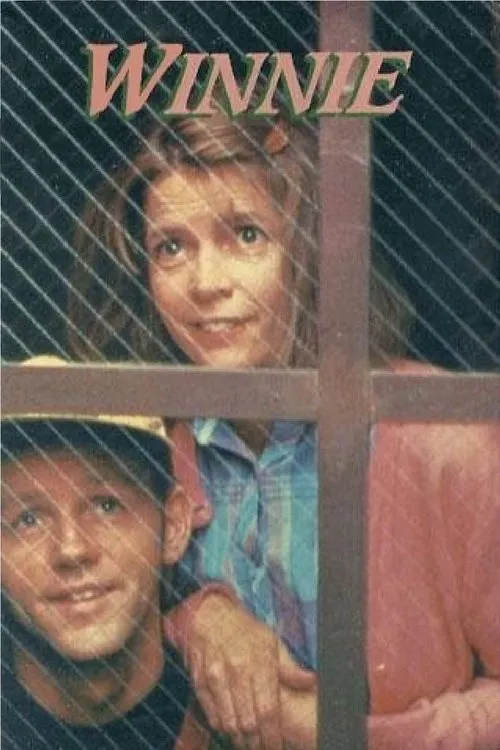Winnie

Trama
Winnie is a poignant drama based on the true story of Winnie Dunn, a woman from North Carolina who spent decades confined in an institution due to a misdiagnosis of intellectual disability. The film, directed by Ekwa Msangi, delves into Winnie's life, her struggles, and her indomitable spirit as she searches for freedom and self-expression. The story begins in the 1960s, with a young Winnie (played by Gugu Mbatha-Raw) who is living at home with her family. She appears to have learning difficulties and is deemed intellectually disabled by her family and the medical community. In the 1970s, Winnie's mother (played by Wunmi Mosaku) makes the fateful decision to institutionalize her daughter, citing her inability to care for Winnie on her own. This marks the beginning of Winnie's 30-year odyssey, during which she will be confined to a psychiatric hospital, labeled as "mentally retarded," and subjected to treatment that ranges from neglect to cruel experimentation. As Winnie navigates the clinical, dehumanizing world of institutional care, she finds solace in art and writing. She discovers a creative outlet through poetry and stories, which become her primary means of expression and communication. Her writing reflects her observations of the world around her, her emotions, and her longing for freedom and human connection. One of the hospital's therapists, Jeanne (played by Michelle Forbes), recognizes Winnie's writing potential and encourages her to keep expressing herself through art. Jeanne becomes Winnie's confidante and advocate, supporting her efforts to prove her intelligence and creativity. Through Jeanne, we witness the cruel irony that Winnie's writing – the very thing that sets her apart and gives her voice – is not only dismissed but also seen as evidence of her supposed intellectual disability. Meanwhile, outside the hospital walls, a movement is gaining momentum to deinstitutionalize the mentally disabled. The 1960s and 1970s are an era of social change, and activists are pressing for greater inclusivity, accessibility, and human rights for all individuals with intellectual disabilities. Winnie's writing becomes a powerful instrument in this struggle, as she crafts a narrative of hope, resilience, and determination that resonates with those who champion her cause. Through Winnie's story, the film raises essential questions about identity, dignity, and the dehumanizing effects of misdiagnosis and institutionalization. What does it mean to be labeled "mentally retarded" when, in fact, a person's cognitive abilities may be simply different or misunderstood? How do societal expectations and biases perpetuate the marginalization of individuals with intellectual disabilities? By shedding light on these issues, Winnie offers a thought-provoking commentary on the systemic injustices that have been perpetrated in the name of care and protection. As Winnie approaches middle age, her writing becomes a beacon of creative expression and a testament to her indomitable spirit. Her work gains recognition within the institution, and she attracts the attention of external advocates and artists who are drawn to her story and her talent. The film culminates with Winnie's triumphant emergence into the outside world, where she finally finds acceptance, love, and a sense of belonging. Her artistic expression has become her liberation, and her writing continues to inspire those who encounter it, serving as a powerful rebuke to the cruel, dehumanizing forces that once held her captive. Winnie is a poignant drama that shines a light on a dark period in human history, highlighting the struggles and triumphs of an extraordinary individual. Through Gugu Mbatha-Raw's riveting performance and Ekwa Msangi's sensitive direction, Winnie's story is brought to life in all its tragic beauty, an urgent reminder that every person deserves dignity, respect, and the chance to flourish.
Reseñas
Recomendaciones


